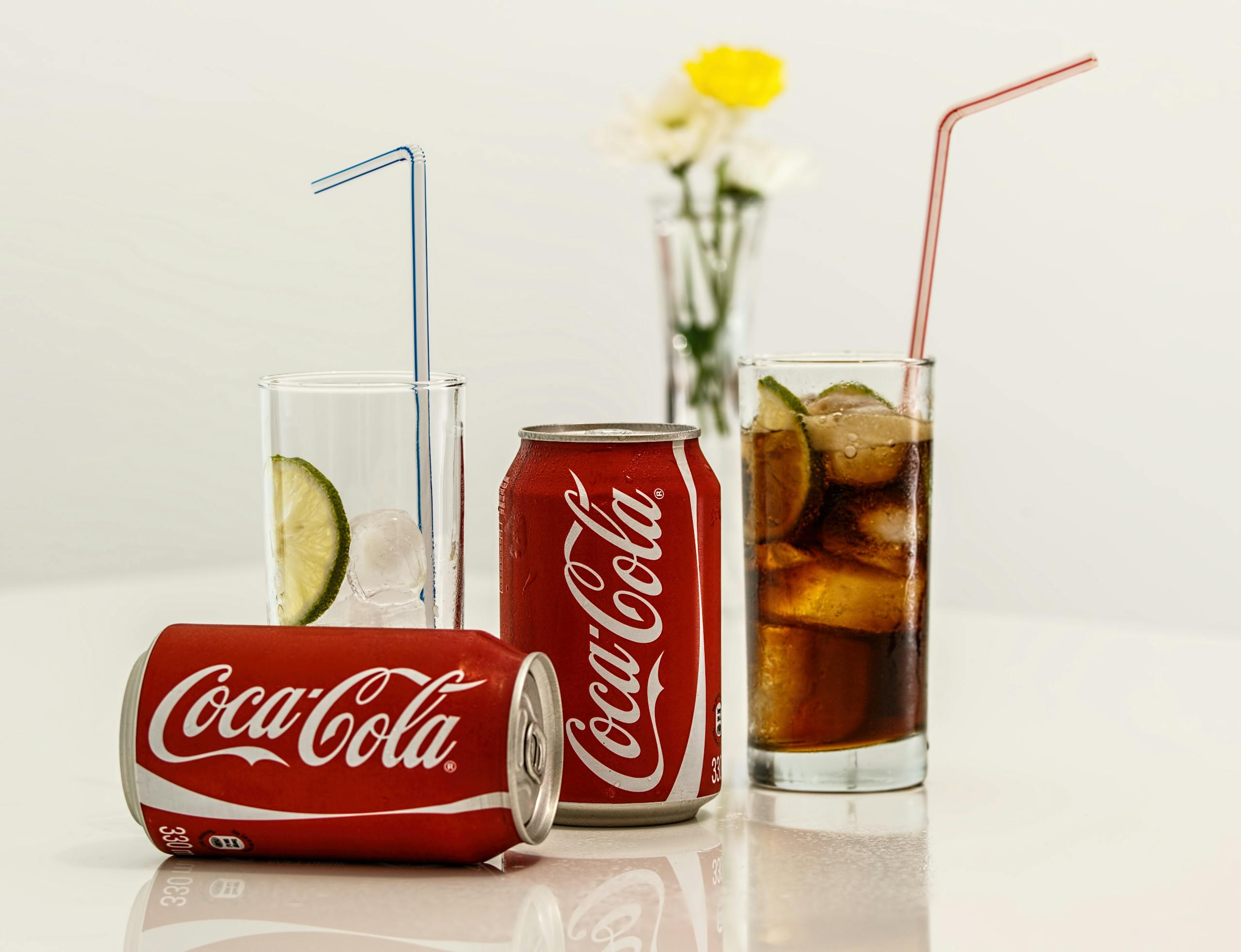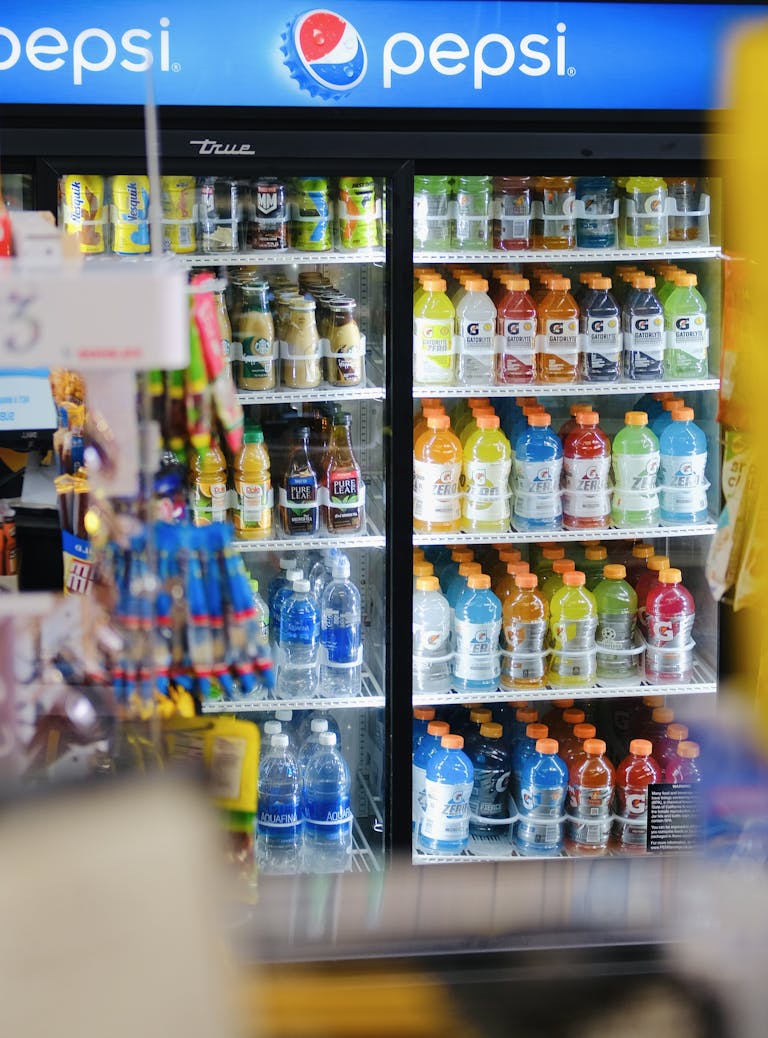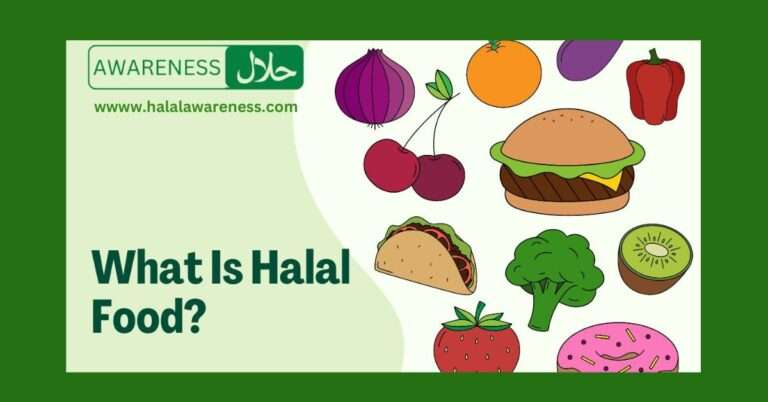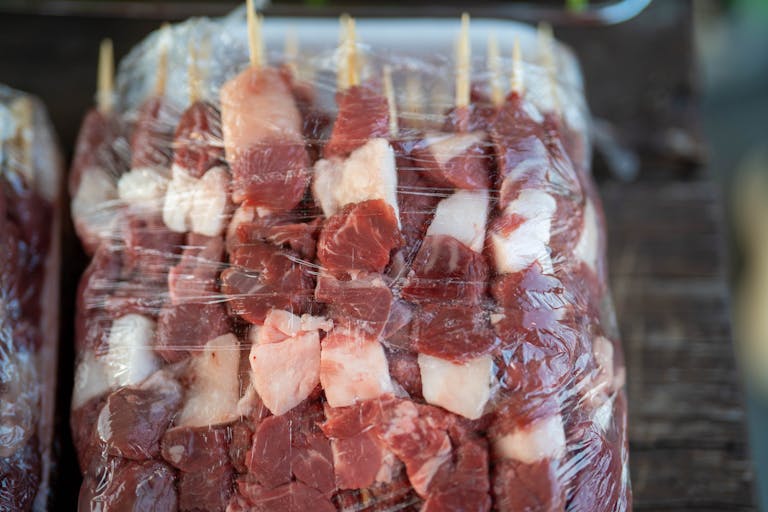🥤 Are Soft Drinks Halal? A Detailed Islamic Guide
Soft drinks are widely consumed around the world and are especially popular among Muslims. With the rise of halal-conscious consumers, many are beginning to question the halal status of common beverages like Coca-Cola, Pepsi, Sprite, and others. Are soft drinks halal in Islam? What ingredients should we be cautious of? In this guide, we break it down based on Islamic rulings, ingredient analysis, and popular fatwas.
Soft drinks are generally halal unless they contain specific haram ingredients like alcohol, gelatin, or non-halal flavorings.
🔍 What Are Soft Drinks?
Soft drinks are non-alcoholic carbonated beverages that usually contain water, sugar, flavoring, colorants, and carbon dioxide gas. They are sold globally under many brand names, such as:
- Coca-Cola
- Pepsi
- Fanta
- Sprite
- Dr Pepper
- 7UP
Some also include caffeine, artificial sweeteners, and preservatives.
📌 Common Ingredients in Soft Drinks
- Carbonated water
- High fructose corn syrup or sugar
- Caffeine (optional)
- Flavorings (natural or artificial)
- Color additives (like Caramel E150d)
- Preservatives like sodium benzoate
Understanding the source of these ingredients is essential for determining whether a drink is halal.
📜 Islamic Criteria for Halal Drinks
Islamic dietary laws outline that food and drinks must be:
- Free from haram substances (alcohol, pork derivatives, etc.)
- Not intoxicating
- Processed using halal-compliant methods
When it comes to soft drinks, the key concerns revolve around:
- Alcohol traces
- Cross-contamination with haram ingredients
- Ambiguous flavorings or additives
⚠️ Ingredients to Watch Out For
🚫 Alcohol
Some soft drinks may contain trace amounts of alcohol due to the fermentation of natural flavorings. However, these are usually less than 0.05%, which many scholars consider negligible and non-intoxicating.
Examples:
- Vanilla flavoring (can be alcohol-based)
- Fruit flavorings (may involve fermentation)
🧪 Additives with Ambiguous Sources
Certain additives may be derived from either halal or haram sources:
- Glycerol – could come from pork fat (haram) or plant sources (halal)
- E120 (Cochineal) – a red dye from insects, often considered makruh or haram by some scholars
- Gelatin – rarely in soft drinks, but if present, source must be halal
🧠 Scholarly Opinions and Fatwas
🕌 Major Fatwa Councils on Soft Drinks
Most Islamic scholars and organizations agree that mainstream soft drinks are halal, provided they:
- Do not intoxicate
- Do not contain haram ingredients
Examples of scholarly sources:
- Dar al-Ifta al-Misriyyah (Egypt): Soft drinks are halal unless proven haram.
- JAKIM (Malaysia): Many soft drinks are certified halal.
- IFANCA & HFA: Provide halal certification for many beverage companies.
🏷️ Halal-Certified Soft Drink Brands
Many beverage companies have sought halal certification for their products, especially in Muslim-majority countries. Some examples include:
- Coca-Cola – Halal-certified in many regions
- Pepsi – Frequently halal-certified
- Sprite, 7UP, Fanta – Generally safe, but always check for regional variations
- Dr Pepper – Often debated; check ingredients and local certification
🧾 How to Check if a Soft Drink is Halal
Use this checklist when buying a new beverage:
- Check the label for suspicious ingredients
- Look for a halal certification logo
- Avoid red-flag additives (E120, gelatin, alcohol-based flavorings)
- Contact the manufacturer if in doubt
- Refer to regional fatwa councils
🛡️ Tips for Halal-Conscious Consumers
- Prefer drinks with transparent labeling
- Support brands that voluntarily certify their products
- Stay updated on ingredient changes
- Educate family and friends
🌍 Regional Differences in Halal Status
Some soft drinks may differ slightly in ingredients depending on where they’re produced:
- UK & Europe: Some use alcohol-based flavorings
- Middle East & Malaysia: Most drinks are halal-certified
- USA: Generally halal, but check for caffeine and coloring agents
Always double-check when traveling or trying a new brand.
✅ Conclusion: Are Soft Drinks Halal?
Soft drinks are generally halal, but it’s essential to be aware of questionable ingredients and to prefer halal-certified products when available. If a drink doesn’t intoxicate, contain haram elements, or derive from non-halal processing, it is permissible in Islam.
Stay informed, read labels, and make conscious choices to align your diet with Islamic principles.
❓ FAQs
Are Coca-Cola and Pepsi halal?
Yes, in most countries, they are halal-certified. Check local certifications.
Can soft drinks contain alcohol?
Some flavorings may use alcohol in trace amounts (under 0.05%), but this is considered negligible by many scholars.
Is caramel coloring halal?
Usually halal, unless processed with alcohol or non-halal substances.
Are energy drinks like Red Bull halal?
Most are halal, but it depends on ingredients. Always check the label and certification.







